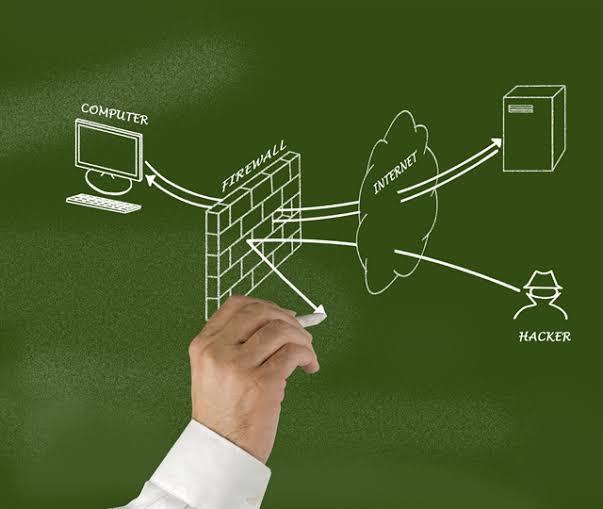In today’s digital age, the internet has become an essential part of our daily lives. However, with the convenience of internet connectivity comes the risk of cyber threats and online security breaches. This is where a firewall comes in – a crucial component of network security that protects your device and data from unauthorised access. Let’s delve into the world of internet and firewall, covering everything you need to know to stay safe online.
What is the Internet?
The internet is a global network of interconnected computers and servers that communicate with each other using standardized protocols. It enables users to access and share information, communicate with others, and use various online services.
What is a Firewall?
A firewall is a network security system that monitors and controls incoming and outgoing network traffic based on predetermined security rules. It acts as a barrier between your device or network and the internet, blocking unauthorized access and malicious traffic.
Types of Firewalls
- Hardware Firewall: A physical device installed between your network and the internet.
- Software Firewall: A program installed on your device to protect it from online threats.
- Network Firewall: A firewall that protects an entire network, often used by organizations.
How Does a Firewall Work?
A firewall works by:
- Monitoring traffic: Inspecting incoming and outgoing network traffic.
- Filtering traffic: Blocking or allowing traffic based on security rules.
- Blocking malicious traffic: Preventing hacking attempts, viruses, and other online threats.
Benefits of Using a Firewall
- Protects against hacking: Prevents unauthorized access to your device or network.
- Blocks malware: Stops viruses, Trojans, and other malicious software.
- Enhances privacy: Conceals your device’s IP address and online activities.
- Reduces risk of data breaches: Protects sensitive information from being stolen.
Best Practices for Firewall Configuration
- Enable default deny: Block all traffic unless explicitly allowed.
- Configure rules: Set specific rules for incoming and outgoing traffic.
- Regularly update: Keep your firewall software or firmware up-to-date.
- Monitor logs: Regularly review firewall logs to detect potential threats.
In today’s digital landscape, a firewall is an essential component of online security. By understanding how the internet and firewall work together, you can better protect yourself from cyber threats and ensure a safe online experience. Remember to configure your firewall correctly, keep it updated, and monitor its logs to stay one step ahead of potential threats. Stay safe online!

